Medical Education in Geriatrics: Strategies for Teaching the Care of Older Adults (Original Publisher)
$29.00
Empower future healthcare professionals with the skills to deliver compassionate, evidence-based care to older adults. Medical Education in Geriatrics offers a comprehensive framework for integrating geriatrics into medical curricula, making it an essential resource for educators, clinicians, and academic program directors preparing the next generation for the challenges of an aging population.
Description
As the global population ages, healthcare education must evolve to address the unique needs of older adults. Medical Education in Geriatrics: Strategies for Teaching the Care of Older Adults is a pioneering resource designed to guide medical educators, residency program leaders, and healthcare administrators in incorporating geriatric principles into undergraduate and postgraduate medical education.
This first edition, published by Springer in 2024, is a timely and authoritative guide that emphasizes innovative teaching strategies, interprofessional education, curriculum development, and clinical competencies specific to elder care. It balances academic rigor with practical tools to ensure that geriatric education is integrated effectively across all levels of training.
Whether you’re designing a geriatrics module, leading bedside teaching, or reforming an entire curriculum, this book will serve as your go-to reference for evidence-based, learner-centered strategies that prepare clinicians to meet the complex needs of older adults.
Key Features and Highlights
- Strategic insights into curriculum design for geriatric education
- Practical teaching methods tailored for diverse healthcare settings
- Emphasis on interprofessional and multidisciplinary education
- Contributions from leading experts in geriatrics and medical education
- Case-based approaches and sample learning objectives
- Best practices for evaluation, assessment, and competency-based education
Chapters and Topics Covered
Includes core chapters on:
- Integrating geriatrics into undergraduate and postgraduate curricula
- Teaching age-related syndromes and chronic disease management
- Communication skills and shared decision-making in elder care
- Interprofessional education and teamwork in geriatric care
- Clinical rotations, community-based education, and experiential learning
- Evaluating learners in geriatrics: tools, methods, and challenges
About the Author
The book is authored and edited by a distinguished team of geriatricians, medical educators, and curriculum developers affiliated with top academic institutions. Their combined expertise ensures a balanced blend of theory, practical tools, and forward-thinking educational strategies.
Technical Details
- File Formats: PDF
- File Size: Approx. 6–8 MB
- Language: English
- Device Compatibility: Compatible with Kindle, iBooks, Android, PC/Mac, and all major eReaders
Sample FAQs
Q1: Is this book suitable for non-physician educators in allied health or nursing programs?
A: Yes, the book includes interprofessional strategies applicable to nursing, pharmacy, and allied health education, making it ideal for a broad range of healthcare teaching roles.
Q2: Can this book help with developing a new geriatrics curriculum from scratch?
A: Absolutely. It provides foundational principles, sample learning objectives, and practical guidance for building, implementing, and evaluating a geriatrics curriculum across different training levels.
Additional information
| Publisher |
Springer |
|---|---|
| Published Year |
2024 |
| Language |
English |
| ISBN |
978-3031324987, 9783031324994 |
| File Size |
21.2 MB |
| Edition |
1 |

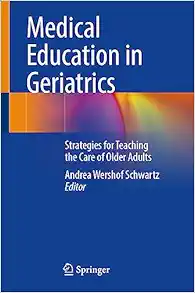

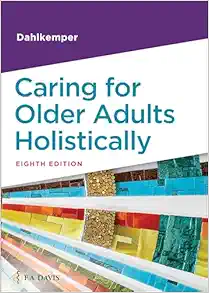


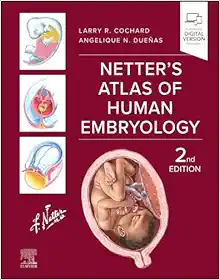


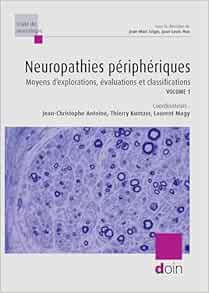
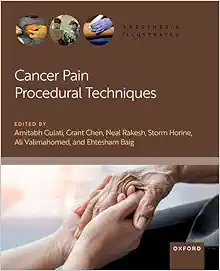
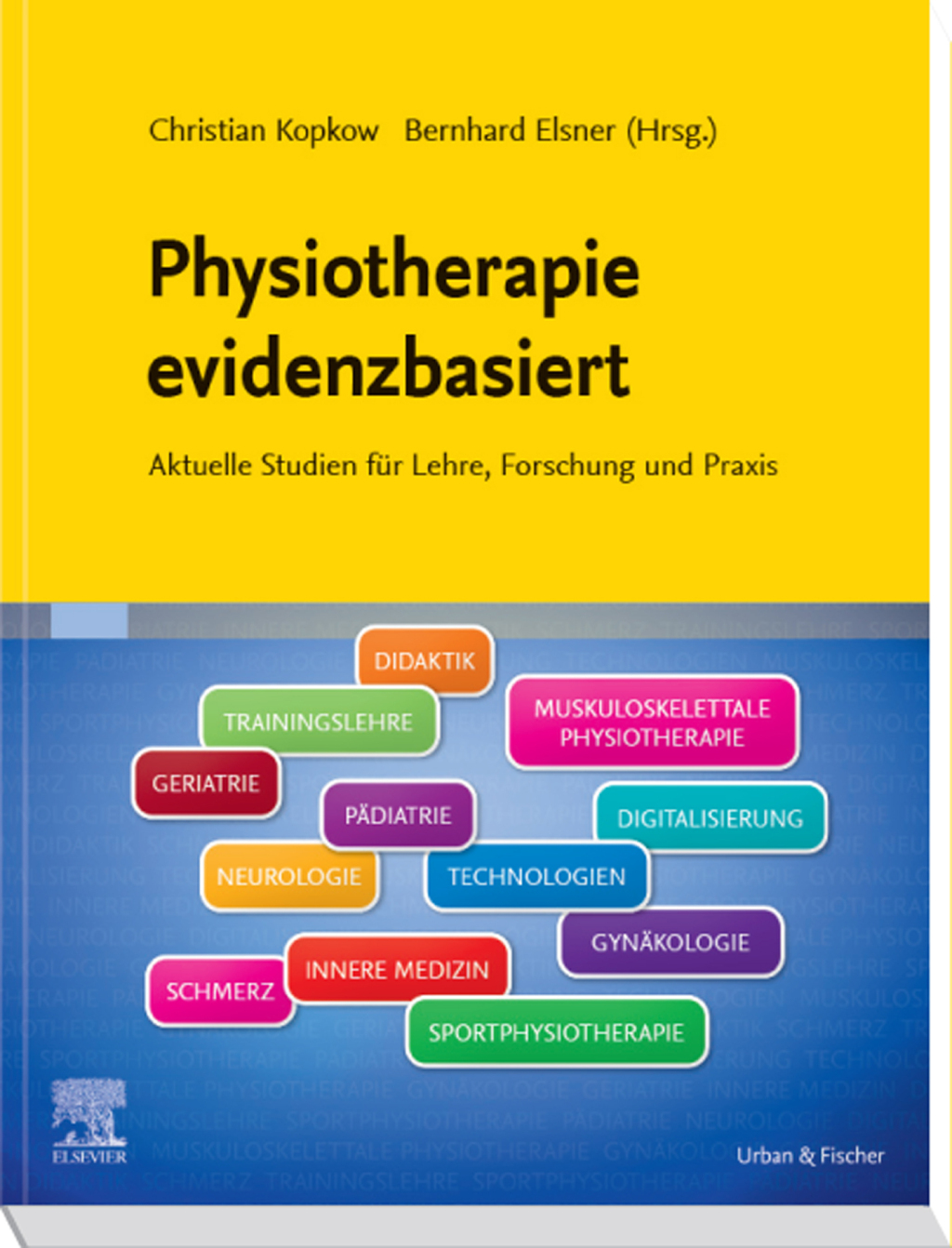
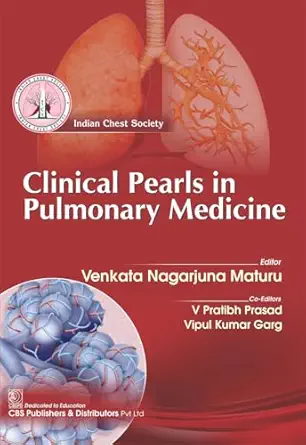
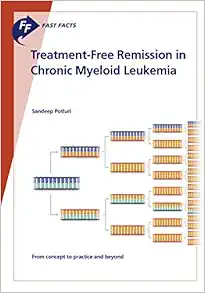
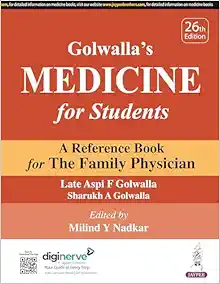
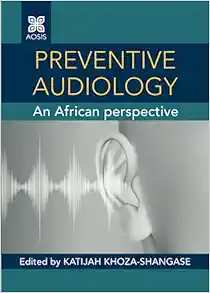
Reviews
There are no reviews yet.